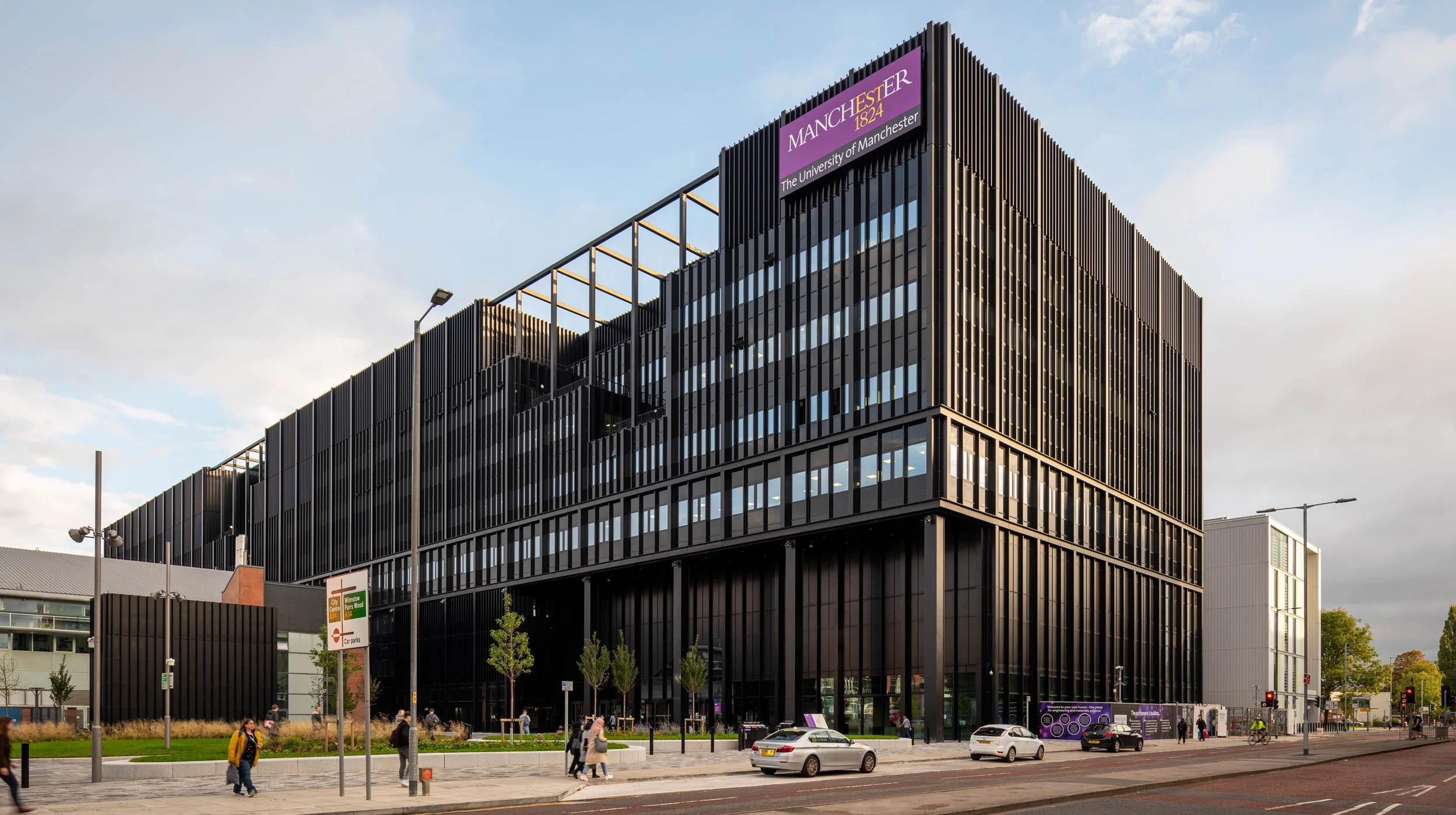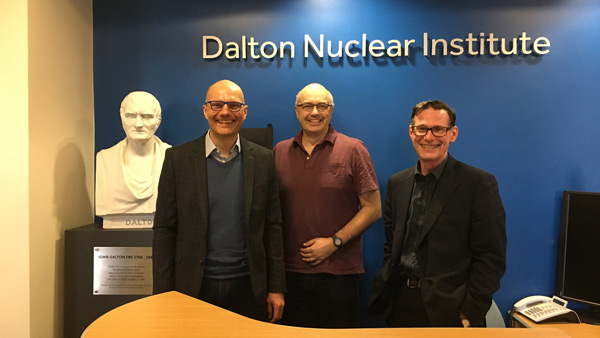
Dalton Nuclear Institute established
The foundation of Dalton Nuclear Institute in 2005 coincided with the revitalisation of UK nuclear research. It created a focal point for The University of Manchester’s innovation in fission research, education and for sustainable partnerships between academia, industry and government.
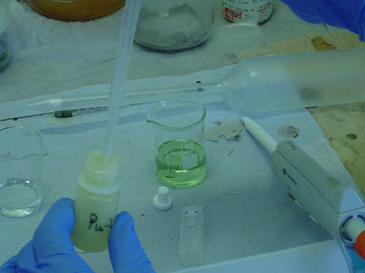
Re-establishing plutonium experiments at The University of Manchester
In 2007, our research community conducted its first plutonium experiments at The University of Manchester, to help characterise its behaviour in legacy wastes at Sellafield.
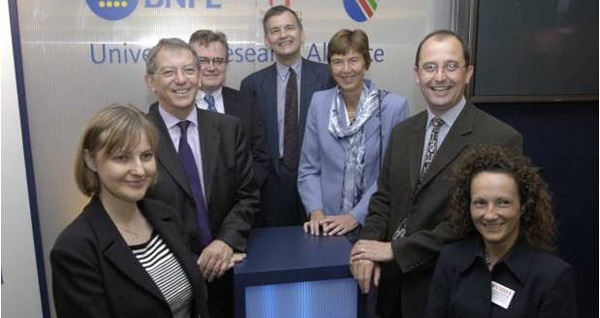
BNFL funding
A generous fund of £5 million from BNFL was endowed to Dalton Nuclear Institute in 2008 to support Chair appointments that would enhance future nuclear technology.
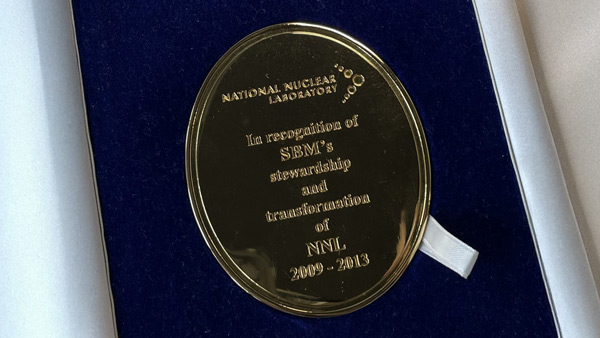
SBM: Serco-Batelle-Manchester
In 2009, Dalton Nuclear Institute played a key role in establishing the National Nuclear Laboratory through the Serco-Batelle-Manchester consortium.
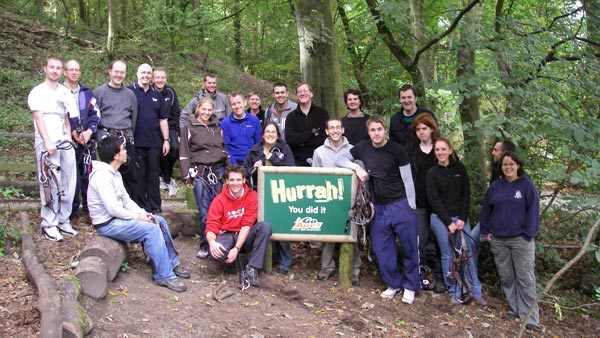
First nuclear CDT established
In 2009, the universities of Manchester and Sheffield collaborated to establish the Nuclear FiRST Centre for Doctoral Training (CDT), which was the forerunner to the nuclear CDTs that are in operation today.
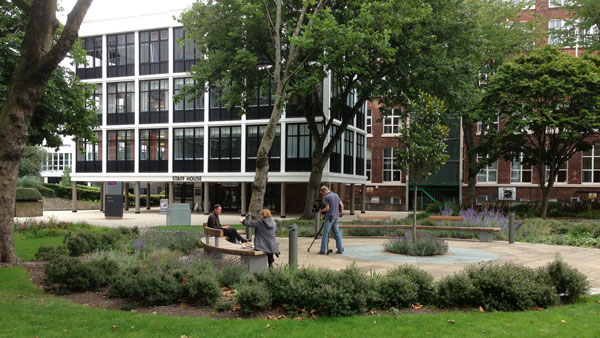
Media coverage of Fukushima
In the aftermath of the incident at Fukushima in 2011, our Director, Andrew Sherry, was selected as a trusted, independent voice to address the media coverage.
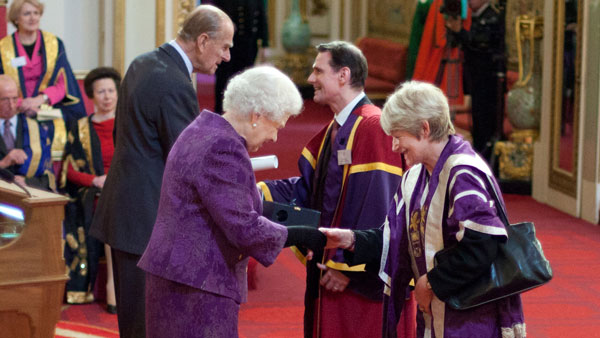
Queen’s Anniversary Prize
In 2011, our Institute won the Queen’s Anniversary Prize for Higher and Further Education: the most prestigious form of national recognition for UK academic or vocational institutions in the UK.
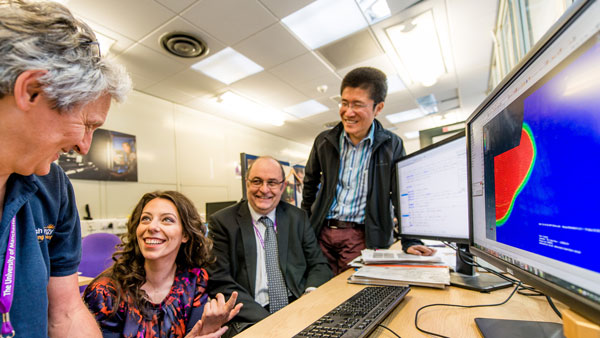
MaSC created with funding from EDF
The Modelling and Simulation Centre (MaSC) was established in 2011 in partnership with EDF, enabling complex numerical and physical modelling.
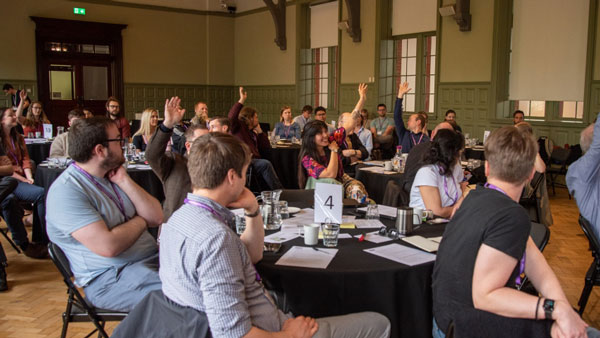
Beddington report
In 2011, we took the University’s first census of activity in civil nuclear research and skills to discover it was (and still is) the largest nuclear academic community in the UK.
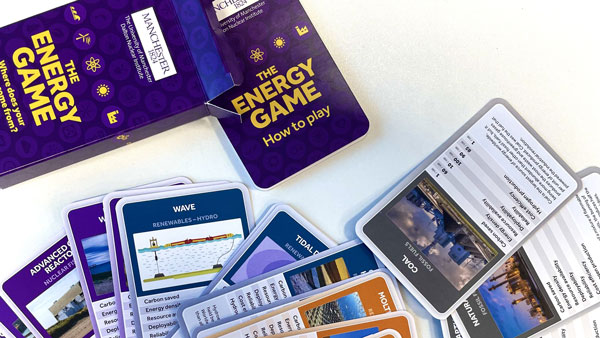
Launch of Energy cards
A 2012 EPSRC grant aided our production of key outreach tools, such as our Energy cards and Nuclear Reactor Simulator
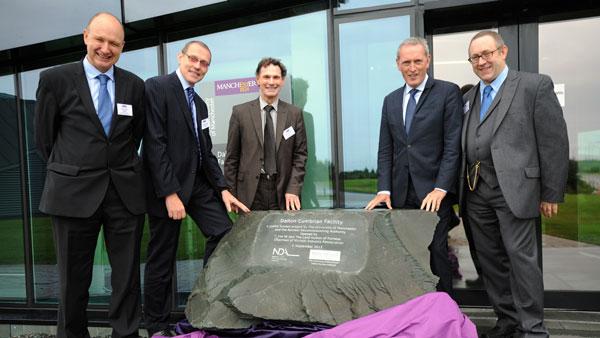
Dalton Cumbrian Facility opens
Our Dalton Cumbrian Facility officially opened in 2013, under Director Simon Pimblott, providing a home for radiation science and nuclear engineering decommissioning research.
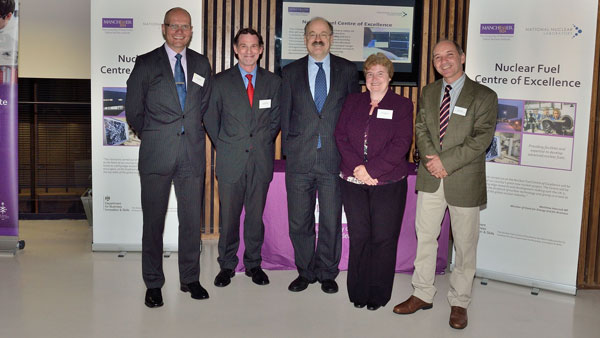
Nuclear Fuels Centre of Excellence
The Nuclear Fuels Centre of Excellence, a collaboration between The University of Manchester and the National Nuclear Laboratory, opened in 2014.
“
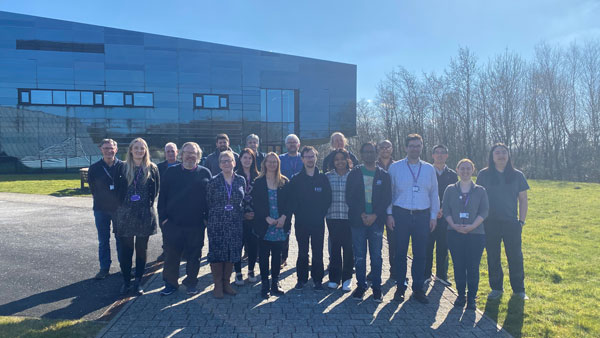
Fred Currell
Professor Fred Currell joined the Institute in 2018 to take up the post of Director of our Dalton Cumbrian Facility.
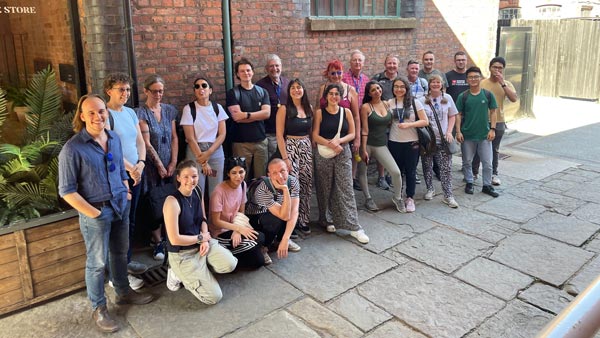
Champions
In 2018, we established our Dalton Champions scheme which supports members of Manchester’s nuclear research community who go above and beyond to enhance our multidisciplinary network.
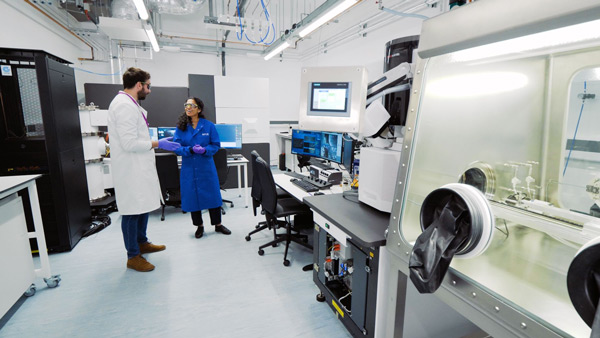
National Nuclear User Facility grants
In 2020, we won five grants under the Government’s National Nuclear User Facility programme, providing access to state-of-the-art experimental facilities for research and development in nuclear science and technology.
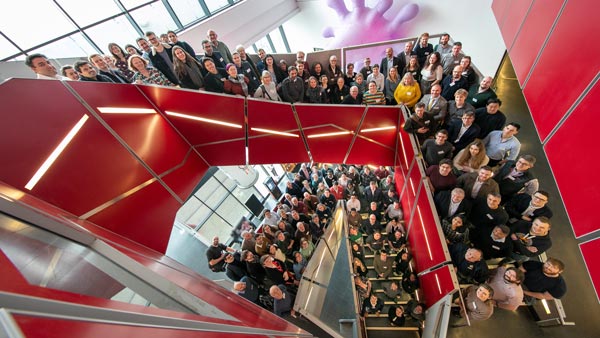
Nuclear Waste Services Research Support Office
In 2020, we opened the Nuclear Waste Services Research Support Office, aiming to harness UK university capabilities to help support radioactive waste management solutions.
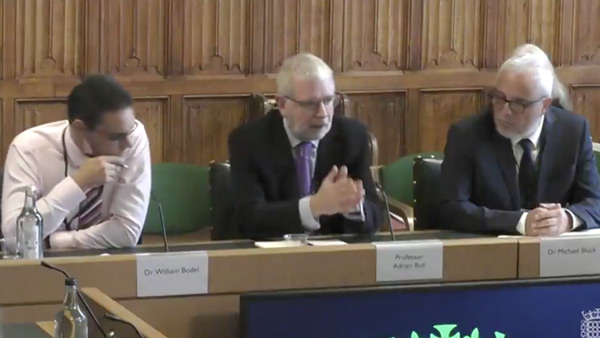
Policy Group (Dalton Plotters)
Our Dalton Nuclear Policy Group released its first policy paper in 2021. Since then, we have released a further four papers.
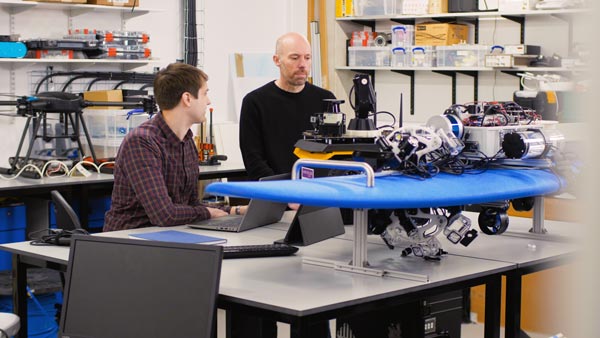
Established Robotics @ Manchester
Through RAICo and related programmes, UoM delivered some of the first deployments of robotics systems into radioactive facilities in the UK.
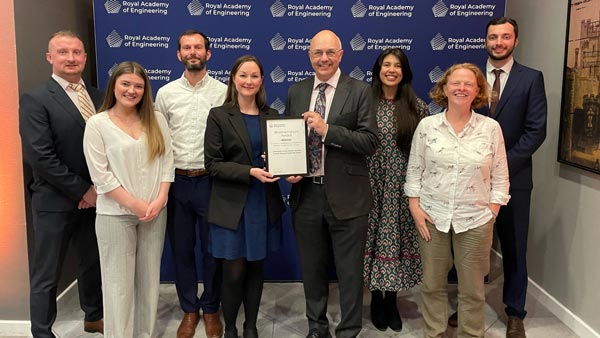
RAEng Bhattacharyya Award
In 2023, we won the Royal Academy of Engineering’s Bhattacharyya Award recognising our innovative and impactful partnership with the nuclear decommissioning sector – a collaboration that has made UK nuclear decommissioning cleaner, faster, safer and cheaper.
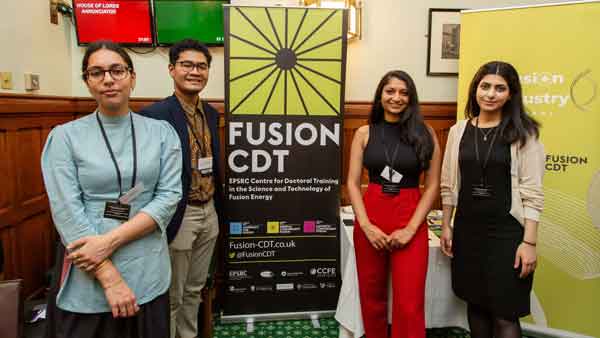
Fusion
“In 2025, we’re launching a new Manchester-led Fusion Engineering CDT, building on a long history of fusion research and training, including our role in the Fusion Power CDT.
Aneeqa, Raska Soema, Nour Hammoud, Sim Bhaker”

